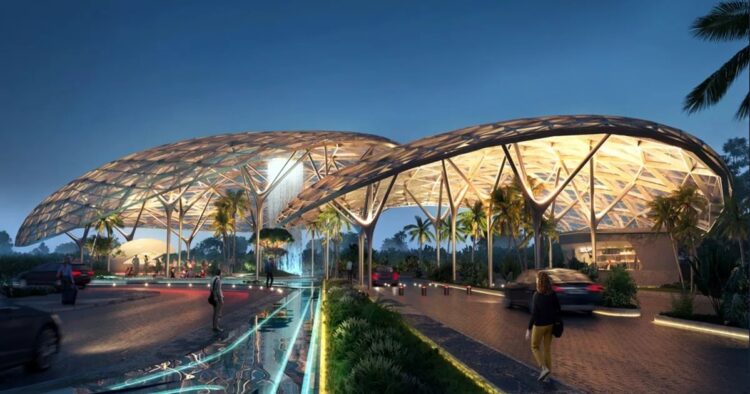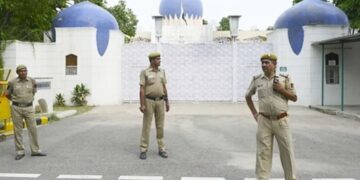The Union Cabinet, led by Prime Minister Narendra Modi, has given the green light to three significant metro rail projects and two new airport facilities in India. These approvals mark a major step forward in enhancing the country’s transportation infrastructure, aiming to provide better connectivity for citizens, boost economic growth, and promote tourism.
New Civil Enclave at Bihta and Bagdogra Airport Expansion
One of the key projects approved is the development of a New Civil Enclave at Bihta, near Patna. This project is designed to ease the congestion at the existing Patna Airport, which is currently facing a saturation of capacity. The new terminal, spanning 66,000 square meters, will handle up to 3,000 passengers during peak hours and accommodate 50 lakh passengers annually. This capacity can be expanded to one crore passengers in the future, making it a crucial addition to the region’s infrastructure.
The facility, costing Rs 1,413 crore, includes the construction of an apron with 10 parking bays for large aircraft, ensuring smoother operations. Additionally, two new link taxiways will be built to improve aircraft movement on the ground.
Similarly, the new terminal building at Bagdogra Airport will cover 70,390 square meters, accommodating 3,000 peak-hour passengers and handling 10 million passengers annually. This expansion is vital for Bagdogra, a rapidly growing area, especially for enhancing connectivity with the northeastern regions of India. The project, costing Rs 1,549 crore, will play a significant role in supporting the region’s development and boosting tourism.
Metro Rail Projects: Connecting Cities, Easing Commutes
The Cabinet has also approved the third phase of the Bangalore Metro Rail Project. This phase will see the development of two elevated corridors stretching 44.65 km and including 31 stations. The first corridor will extend from JP Nagar 4th Phase to Kempapura, covering 32.15 km and featuring 22 stations.
The second corridor will run from Hosahalli to Kadabagere, covering 12.50 km with nine stations. These expansions will significantly improve connectivity within Bangalore, reducing travel time for commuters and easing road traffic congestion.
Another important approval is for the Thane Integral Ring Metro Rail Project. This 29-km corridor, with 22 stations, is designed to run along the periphery of the west side of Thane city. The metro line is expected to serve 6.47 lakh passengers daily by 2029, with ridership growing to 8.72 lakh by 2045. This project, with an estimated cost of Rs 12,200.10 crore, will not only improve local transportation but also reduce road congestion and greenhouse gas emissions, contributing to a more sustainable urban environment.
In Pune, the Cabinet has approved the Swargate to Katraj Underground Line Extension. This new extension, known as Line-1B, will span 5.46 km and include three underground stations connecting Market Yard, Bibwewadi, Balaji Nagar, and the Katraj suburbs. The project, with an estimated cost of Rs 2,954.53 crore, is expected to be completed by February 2029, offering residents a more convenient and efficient mode of transportation.
Impact on Citizens, Economy, and Tourism
These new developments will have a far-reaching impact on the country. For citizens, these projects will provide easier access to transportation, reducing travel time and enhancing the overall quality of life. The new airport facilities will also improve connectivity to different parts of the country, making travel more convenient for both domestic and international passengers.
ALSO READ: “Union Budget 2024: MoHUA Pushes for Expanded Metro Roll-out Across Indian Cities”
Economically, these projects are expected to boost local businesses, create job opportunities, and attract investments, contributing to the growth of the Indian economy. Improved transportation infrastructure is a key factor in promoting trade and commerce, and these new metro and airport facilities will play a crucial role in supporting economic activities across the regions.
Tourism is another sector that will benefit greatly from these projects. With better airport facilities and expanded metro networks, tourists will find it easier to explore different parts of India, leading to an increase in tourist arrivals. This, in turn, will generate revenue for the country and support the hospitality and service industries.
The Union Cabinet’s approval of these major metro rail projects and new airport facilities is a significant step forward in enhancing India’s infrastructure.

















Comments